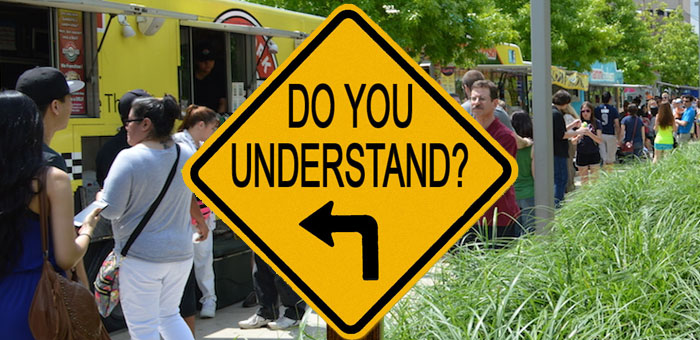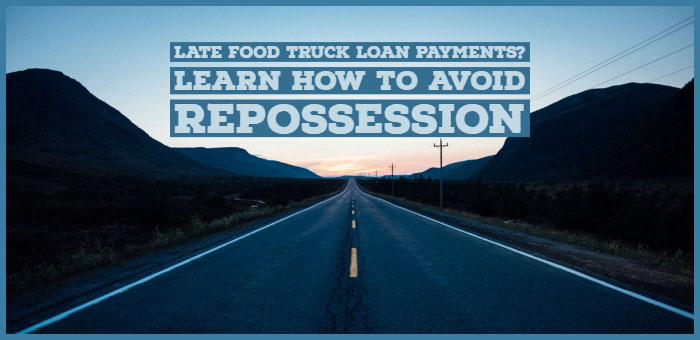There are many rewarding things about being a food truck owner. The autonomy, the recognition, the creativity, not to mention the fact that you are pursuing your culinary dreams. Starting a mobile food business is never easy and not everyone is cracked up to be their own boss. Before you embark on a solo venture, remember that there are disadvantages too.
Being a food truck owner requires high risk, hard work, and many, many trade-offs. The glamour of the got-rich-quick mobile food entrepreneur is often a far cry from what it’s really like in the trenches. Take a hard look at your life and be sure you know what you are risking before you set up your own food truck business.
Four Major Disadvantages Of Food Truck Ownership
Name Recognition
The easiest way to attract people to your service window is to make sure consumers already has your truck in mind before they leave the house. Large restaurant chains have this advantage, since they have much more money for advertising than the the typical mom and pop food truck.
A lot of these restaurant chains have also been in business for decades. This has provided them with years of exposure in the market.
RELATED: 10 Food Truck Branding Tips To Double Your Profits
Getting The Best Talent
Every food truck owner knows that in order to succeed, you need the best employees available. But it’s much easier for restaurant chains to attract the higher level employees because, in most cases, they can afford to pay them more.
The way to get around this disadvantage is make up for it in non-financial perks. Consider providing employees with the ability to move up the ladder quickly. You can also provide flex time in order to woo employees who otherwise might want a bigger paycheck at your competitor.
RELATED: Food Truck Recruiting: 10 Tips To Find The Best Employees
Purchasing Power
Another way large restaurant chains keep costs down is by negotiating with their suppliers for lower prices. For example, most food service providers have to buy proteins in order to make their menu items. Because of the large volume the larger restaurant chains order, the supplier has an incentive to lower its prices.
It would hard for a much new food truck to get the same deal; the meat producer simply doesn’t have as much reason to bend its price. And since the food truck is paying more for it’s ingredients, it’s receiving a slimmer profit on every dish it sells.
RELATED: 4 Steps To Effective Negotiating With Your Suppliers
Raising Capital
At some point, food service businesses need to raise outside capital if they want to expand. If a large restaurant chain plans to build a new location, it has the ability to get a bank loans or in some cases, even issue stock to the public. But small food truck businesses don’t have this flexibility.
RELATED: Food Truck Loans: Why The Difficulty In Getting One
The Bottom Line
Some people think that big food businesses take advantage of small food truck businesses, which are the underdogs. While this is a bit of a stretch, new food trucks have a number of disadvantages working against them that they may have to overcome in order to be successful.
What other disadvantages do food trucks have versus their brick and mortar competitiors? Share your thoughts in the comment section or on social media. Facebook | Twitter




